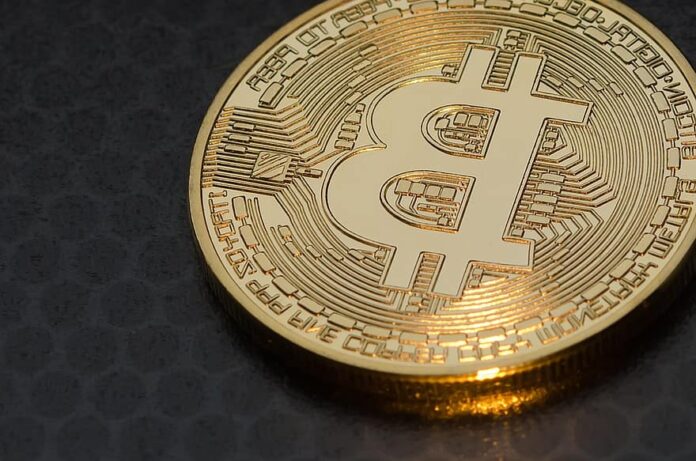The Indian government has announced that failure to comply with crypto policies could result in one and a half years in prison or fines amounting to $2.7 million. Narendra Modi, the country’s prime minister, could give crypto investors a deadline to report their assets and colony with the regulations.
Other reports have speculated that the government will expect investors to hold crypto under exchanges that comply with the Securities and Exchange Board of India (SEBI). However, there is a lot of uncertainty on the matter.
Reasons the government is placing restrictions on crypto
The new legislation means that private wallets are illegal. Investors who hold them will have to deal with fines or jail time. Modi could also set a capital limit for crypto investments.
One reason the country is setting tough times for cryptocurrency is the terrorist financing, money laundering, and fraud that has increased in the last few years. Moreover, India’s plan to launch its digital rupee through the Reserve Bank of India could face competition from cryptocurrencies issued and owned privately. Therefore, the country sees the need to stop its competition.
A controversial bill has stated that the country hopes to create a framework that would enable the launch of the digital rupee by the Reserve Bank of India. It also does this to eliminate cryptocurrency in the country. Despite this, the government is willing to keep a few exchanges that comply with its regulations to use the underlying technology.
India will restrict exchange-to-exchange transactions
While the country will not ban cryptocurrency, it will restrict exchange-to-exchange transactions. Many speculate that the government will ban trade within bourses. It could also restrict wallets that hide the user’s identity and block Chrome’s extension to users to stop them from moving more than 4000 cryptocurrencies. Moreover, India could create one wallet to monitor retail transactions by crypto.
Other sources have rooted that the government is trying to find a way to track the movement of the Indian rupee on Indian exchanges. Only the government will operate within the country. As a result, exchanges would have to let India review them every quarter. This move will make crypto more similar to stock and comply with the Foreign Exchange Regulation Act.














